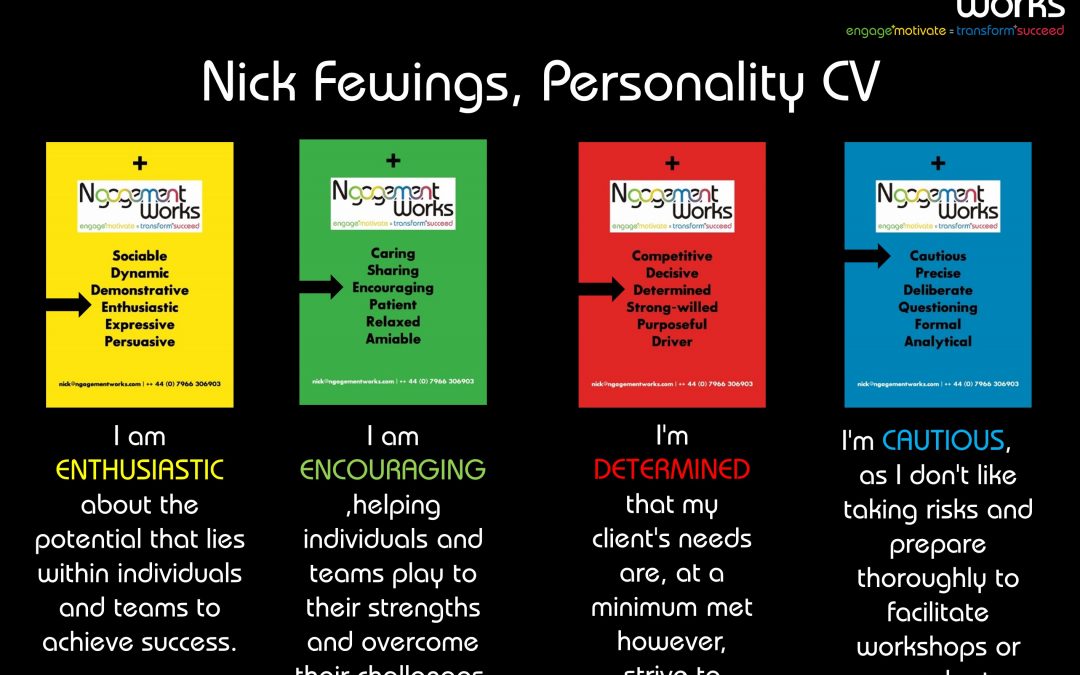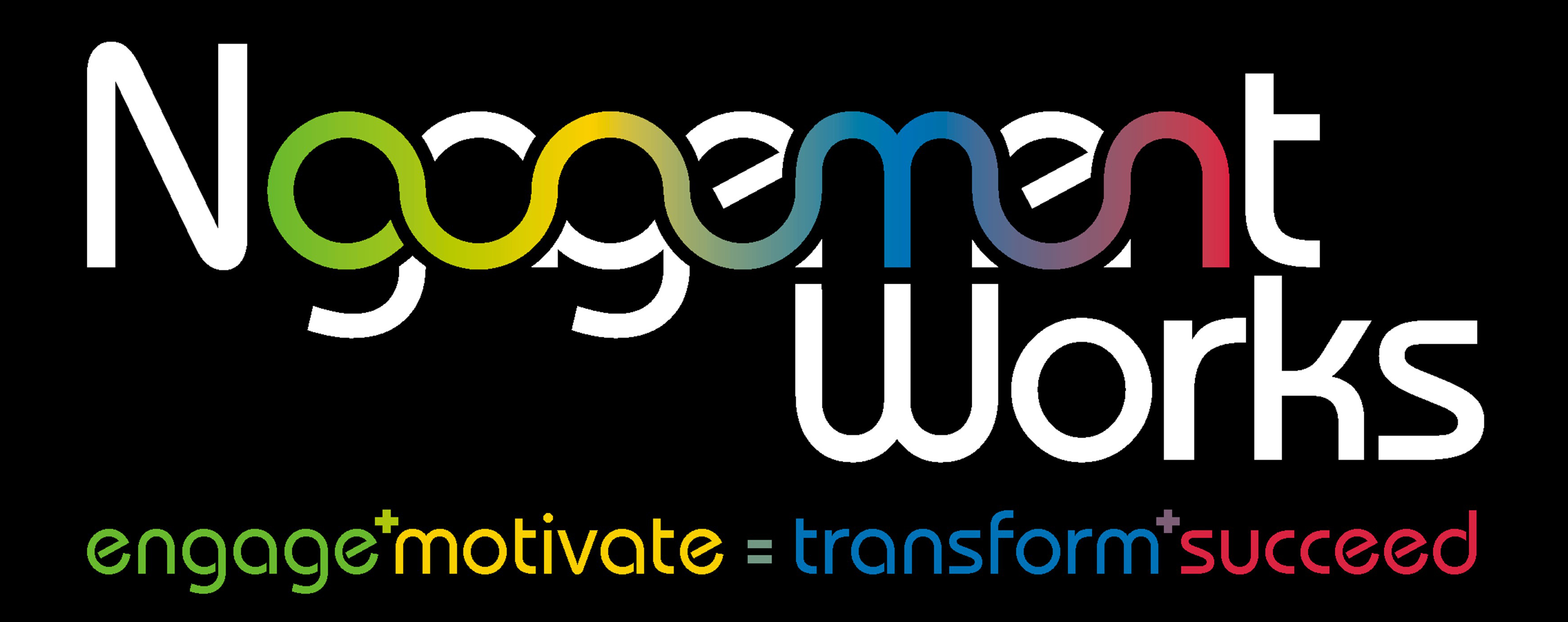I’ve been inspired to write this article after becoming aware of Bonnie Low-Kramen’s Speak Up! Pledge campaign, which aims to get at least 1 Million pledges, from individuals to speak up by USA Labor Day on Monday 7th September 2015. The campaign is not just restricted to the US, it is a global pledge, for both men and women, to speak up in the workplace, to raise issues that they may have remained silent about in the past.
Speaking up covers a wide-range of situations, where people need to find their voice in the workplace. It could be speaking up about an idea that you have, raising a concern over a process that affects customer service, or an opportunity that you have spotted, that would have a positive impact on your team or organisation. Speaking up is a key component of positive organisational change.
WHY I’M PASSIONATE ABOUT SPEAKING UP
Quite simply, over the years that I have been a team member, leader and now facilitator and conference speaker, I have had first hand experience of the negative impact that not speaking up has on people. My article focuses on one particular aspect of speaking up that I know affects many many people, sometimes with life changing consequences.
What I’m talking about is the perceived bad behaviour of a person in their relationship with another. As Managing Director of Ngagementworks, I facilitate individual and team learning programmes and also speak at conferences across the globe, working with industry leaders and both operational and project teams. In 1 to 1 conversations that I have with delegates, the topic of bad behaviour comes up time and time again, together with one phrase.
If only I’d spoken up.
Have you ever been in the situation, where someone in work has said or done something that has irritated, hurt, or upset you?
I’m sure that like me, you have. It could be that they don’t listen to your views, or the views of others, or dismiss other people’s ideas. It could be that they sit on your desk when asking you a question, thus invading your space. The constant click click of their pen during a meeting or a personal attack on your character. The person who is always late for a meeting or doesn’t comply with agreed guidelines or processes. Whatever it is, we’ve all had it happen to us. The likelihood is high that if their behaviour is upsetting you, it’s upsetting your colleagues as well.
So, have you ever been in a situation similar to those mentioned above and never SPOKEN UP and told the other person about their behaviour and how it is affecting you? I can almost see you nodding in agreement as you read this.
The truth of the matter is that at some point in our working lives, we all have kept quiet and accepted, what we perceive to be, unacceptable behaviour from others. Being on the end of these situations can be a minor irritation which we brush off and move on. However, if we perceive it as inappropriate or an attack on us, which we feel is unjustified, it often causes us significant angst. In these extremes, if the issue is not addressed, it can fester, lead to stress, sleepless nights and ultimately a breakdown in our relationship with the other person. Not good for us, our team and the organisation we work for. Ultimately, it can even result in us leaving the organisation.
Numerous exit surveys from across the globe come up with a figure of about 70% of people leaving an organisation citing a bad relationship with their direct line manager or member of their team as being the reason they left. The cost of bad behaviour, or importantly, not addressing it can be very expensive, both for the individual and the organisation.
I am passionate about helping individuals address and overcome these issues to build more effective and positive relationships with others.
WHY DON’T WE SPEAK UP?
Let’s be totally honest, we don’t speak up for fear of upsetting the other person, making the matter worse or because they have a much stronger personality than us, or are in a position of authority. If you are nodding because you do that, just think about what’s going to happen in this situation. I’ll tell you what’s going to happen, NOTHING. If the behaviour that irritates or upsets you is not raised, the chances are the other person will continue to do it. Why? Well the likelihood is that they are oblivious to the negative impact that their behaviour is having on you.
WHY DO SOME PEOPLE UPSET US?
Well it tends not to be personal but behavioural. Our reaction and indeed sometimes lack of action in confronting issues and speaking up is often determined by who we are, the behavioural preferences that make us unique and the situation.
The model I use, developed by Insights, uses the work of Carl Jung. For the purposes of this article, I have just focused on the attitudinal preferences of Introversion and Extraversion and the decision-making functions of Thinking and Feeling. It is our unique preference and strength in using these preferences that help define us. These differences are often the cause for miscommunication and conflict. Because these are psychological differences, in stressful situations, it is the Earth Green and Fiery Red and the Cool Blue and Sunshine Yellow that are more likely to irritate and upset each other. Why? Because these combinations are psychological opposites of each other. This is not to say that those of a similar behavioural preference to ours don’t have the ability to upset use either, it is just that it is less likely as they will be more like us in how they behave.
7 TIPS TO HELP YOU SPEAK UP
One of the activities I undertake in my workshops, specifically enables individuals to have powerful and productive 1:1 discussions with each other to highlight negative behaviours and to jointly commit or pledge to do things differently in the future to enhance their relationship.
Below are 7 tips that I use on these workshops that may help you to SPEAK UP.
Specific – state specifically what the issue is and how it has made you feel. Write it down on paper if you know you might get emotional
Perception – remember that what has happened and how it has made you feel is based on your perception and the other person may have a different perception to you.
Environment – choose an appropriate place and time to discuss the situation with the other person.
Adjudicator – if it is a contentious issue that needs to be raised, consider the need for someone else to be at the meeting to take notes independently.
Keep Calm – whilst it is difficult, try to keep things factual as opposed to emotional. Focus on the situation and behaviour of the person.
Understand – listen to what the other person says. Often there is no right or wrong, just differences of opinion and behaviour.
Pledge – once you’ve explained the situation to the other person and listened to what they have got to say, pledge to do something different moving forward that works for each other. Keep checking in with each other regularly to ensure that your relationship is moving in a positive direction.
I hope the above tips will help you to Speak Up and overcome barriers in the relationships you have with others and in doing so, also help your colleagues to find their voice.
FOOD FOR THOUGHT
As a global facilitator and conference speaker, specialising in helping individuals, teams and organisations foster and develop positive relationships and behaviours, it still surprises me as to the amount of money, time and effort that organisations devote to equality and diversity, covering sexual, religious, gender and ethnic equality, however how little is done to tackle behavioural issues and equality, where the behavioural style of an individual or individuals has a negative impact on others. As such, I implore individuals to sign up for Bonnie’s Speak Up Pledge and through global collaboration, raise this issue further up the agenda to ensure that individuals feel empowered to Speak Up. Just think about the positive impact this would have on moral, employee retention, employee engagement and ultimately the bottom-line profit.
Yours behaviourally, Nick Fewings
RELATED ARTICLE: More Sinister & Destructive Than Bullying





